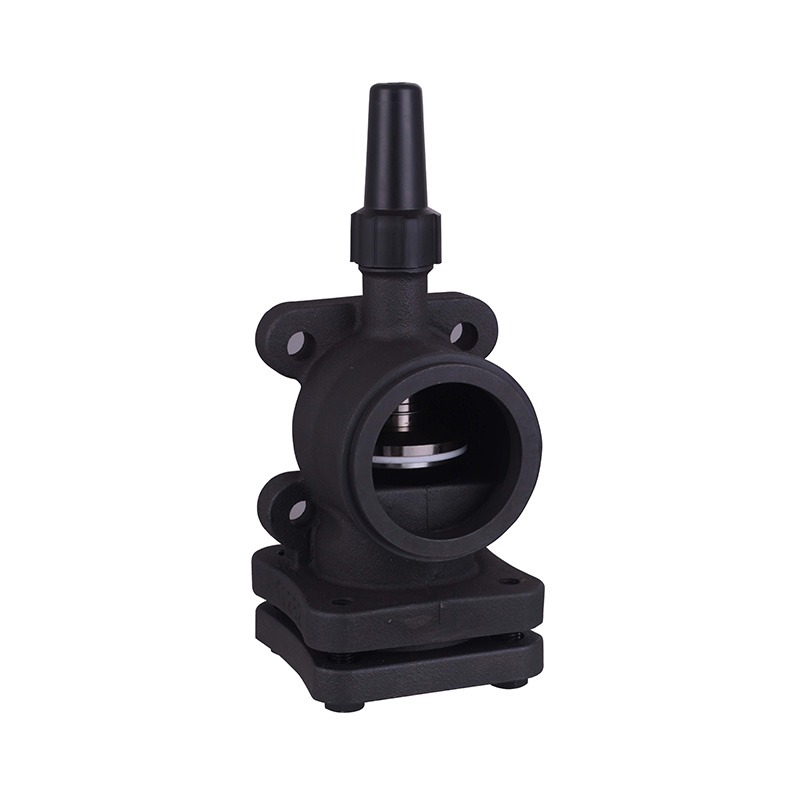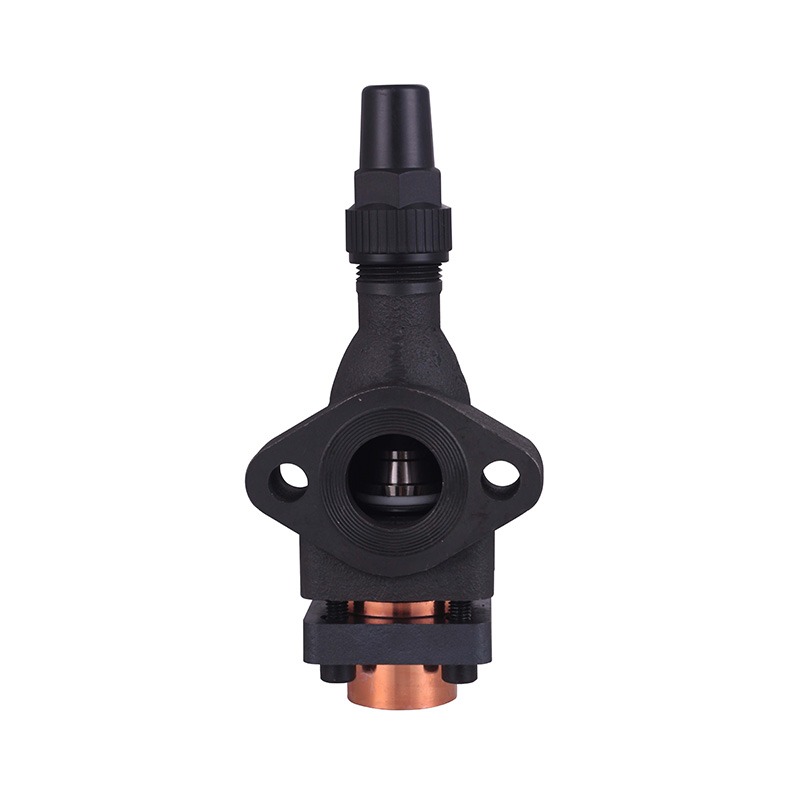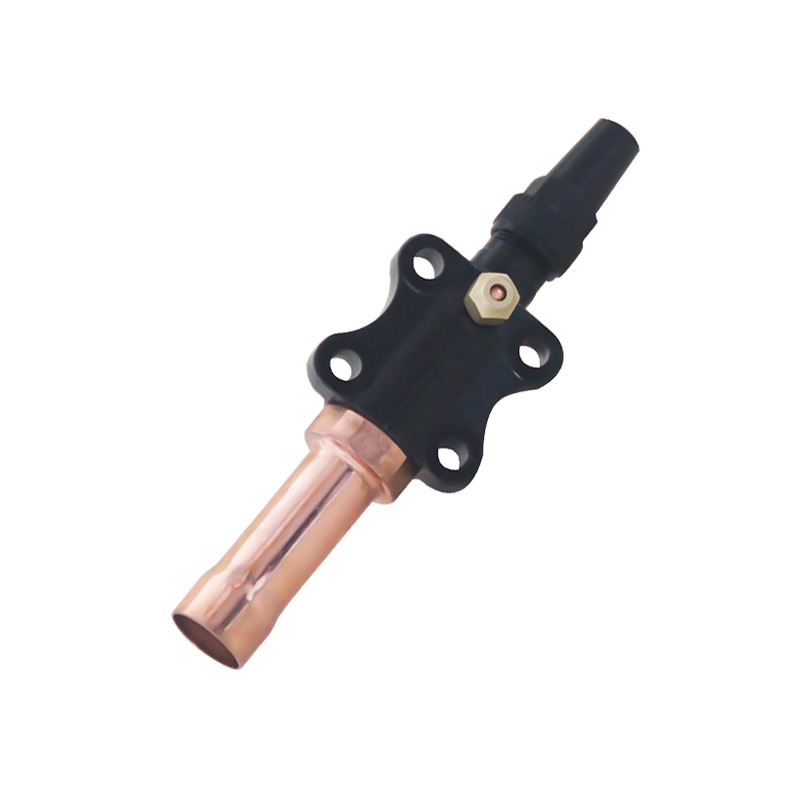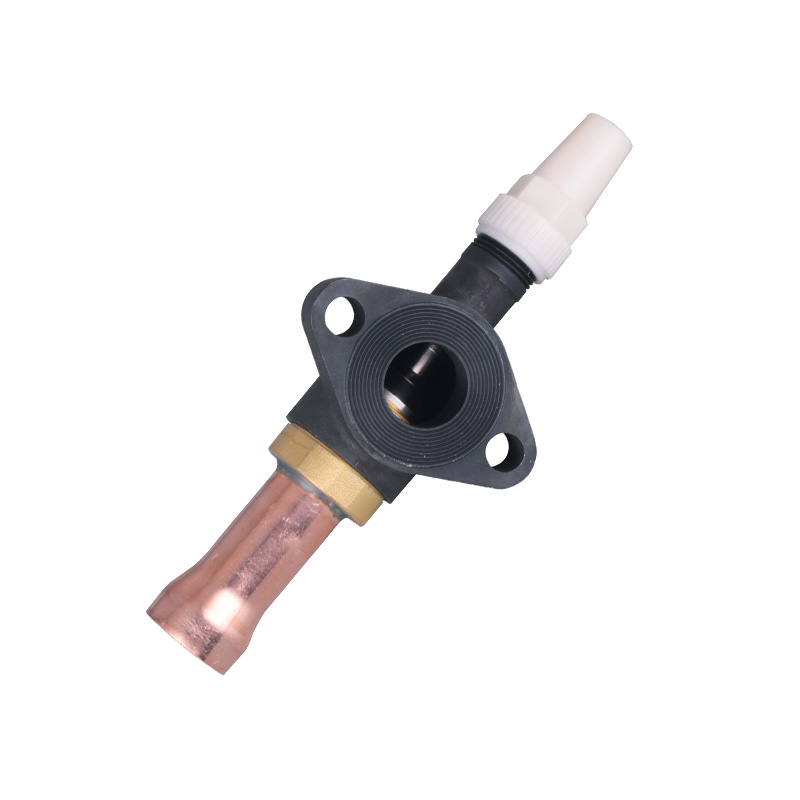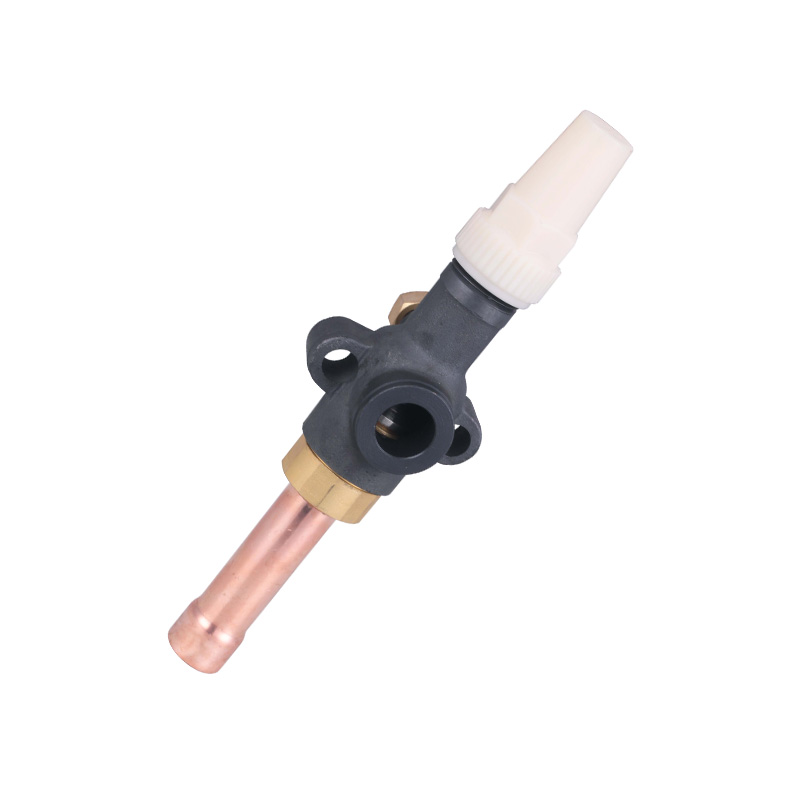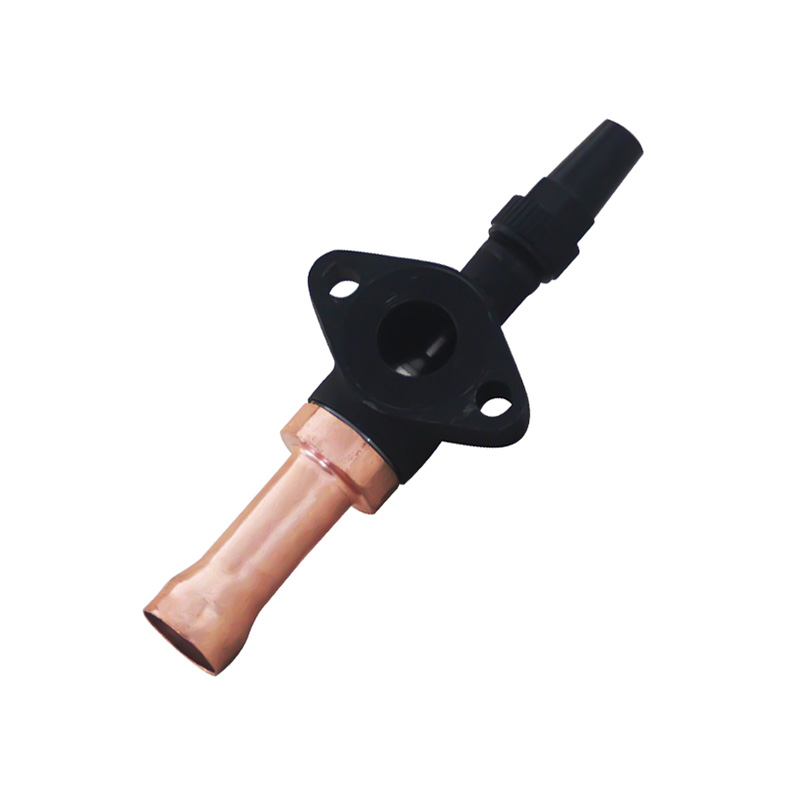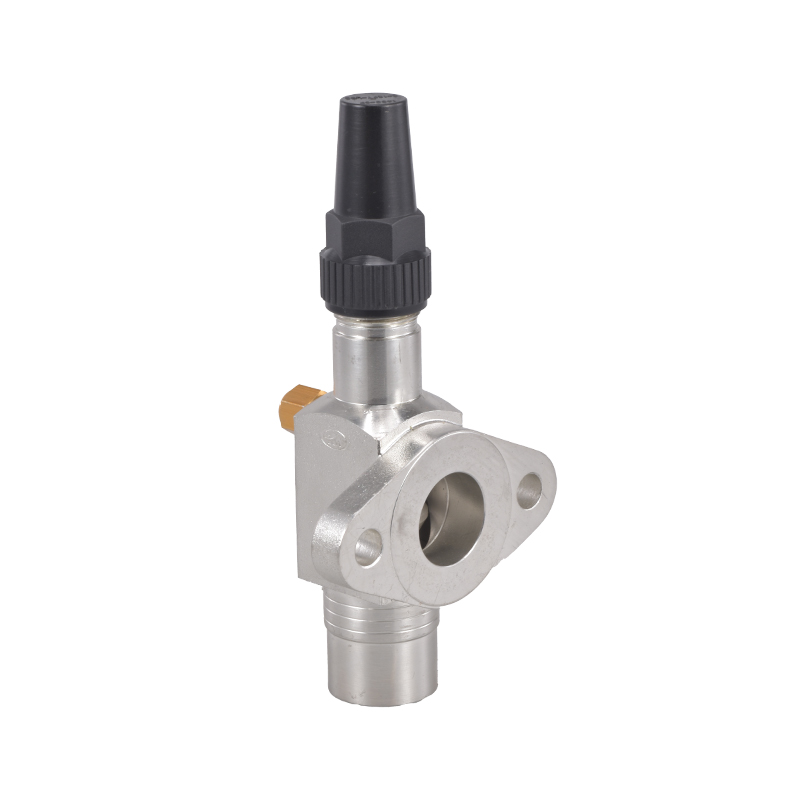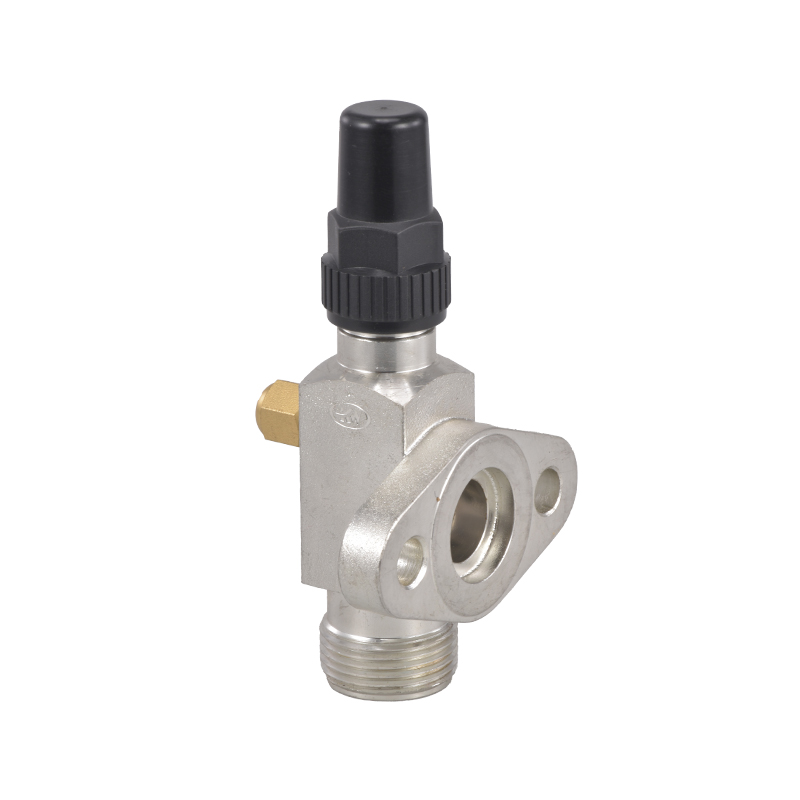Choosing High-Quality Refrigeration Tool Kits for Longevity
 By Admin
By Admin
Whether servicing a residential unit or managing a massive commercial cooling system, having a dependable refrigeration tool kit can make a significant difference in both the quality of the job and the longevity of the equipment. With the growing complexity of systems, choosing high-quality HVAC refrigeration tools and robust industrial refrigeration tools is no longer optional—it's essential.
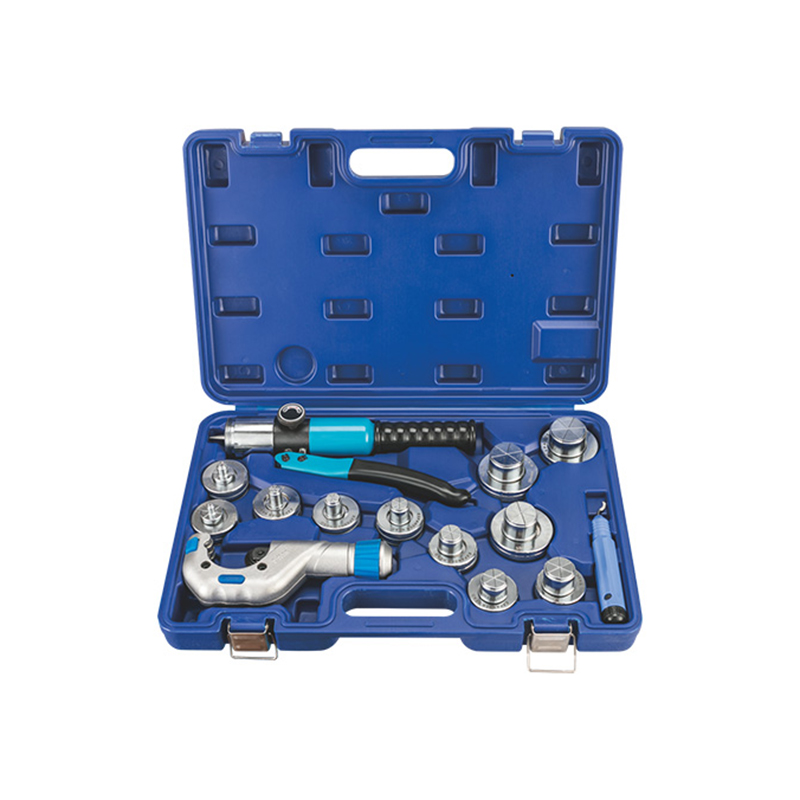
A complete refrigeration tool kit typically includes manifold gauges, vacuum pumps, leak detectors, hose sets, and tubing cutters. These components are critical for diagnosing issues, making repairs, and ensuring system efficiency. But not all tool kits are created equal. Low-grade materials or poorly manufactured tools may work for a short time but often fail under the stress of regular, demanding use. For technicians working with industrial refrigeration tools, such failures can cause costly delays and even equipment damage.
When selecting a refrigeration tool kit, professionals should consider the type of work they specialize in. For example, large-scale systems such as walk-in freezers, cold storage warehouses, or commercial chillers require industrial refrigeration tools that can withstand higher pressures and environmental conditions. Tools for these applications must be rugged, corrosion-resistant, and capable of delivering precise readings under load. Investing in premium HVAC refrigeration tools for such environments not only enhances performance but also reduces the risk of error and injury.
Portability is another important consideration. Technicians who frequently move between job sites need a refrigeration tool kit that is compact yet comprehensive. A well-organized kit with modular storage options allows for faster setup and teardown, saving valuable time. Many modern HVAC refrigeration tools now come with ergonomic handles, digital readouts, and wireless connectivity, enhancing user experience and diagnostic accuracy.
Another crucial factor in choosing industrial refrigeration tools is compatibility. With the introduction of new refrigerants and evolving environmental standards, tools must be adaptable to a wide range of systems. Manifold gauges, for instance, should support both traditional and modern refrigerants like R-410A, R-32, and natural refrigerants. High-quality HVAC refrigeration tools are designed with this versatility in mind, ensuring they remain relevant even as industry standards shift.
Durability and maintenance also play major roles in tool longevity. A top-tier refrigeration tool kit will use hardened steel, reinforced polymers, and wear-resistant seals to ensure long-term use. Manufacturers of professional-grade industrial refrigeration tools often offer warranties and replacement parts, reflecting their confidence in the tool's performance. Technicians should always inspect tools regularly, clean them after use, and store them in proper cases to improve lifespan.
Cost may be a barrier for some, but choosing cheaper alternatives often results in more frequent replacements. In contrast, high-quality HVAC refrigeration tools offer a better return on investment through increased reliability and reduced downtime. This is especially important in commercial service contracts where time and precision are critical.
Ongoing education and familiarity with new tools are essential. As refrigeration systems evolve, so do the demands placed on the tools. Modern industrial refrigeration tools incorporate smart technologies, such as Bluetooth integration and mobile app compatibility, enabling real-time data logging and diagnostics. A good refrigeration tool kit should not only meet today's requirements but also be forward-compatible with tomorrow's systems.
Selecting the right refrigeration tool kit requires a thoughtful balance of quality, performance, and adaptability. Whether you're a seasoned technician or just entering the trade, investing in professional-grade HVAC refrigeration tools and rugged industrial refrigeration tools will pay dividends in reliability, safety, and long-term value. In a trade where precision matters, your tools are not just accessories—they're your most valuable assets.




 English
English русский
русский Deutsch
Deutsch
